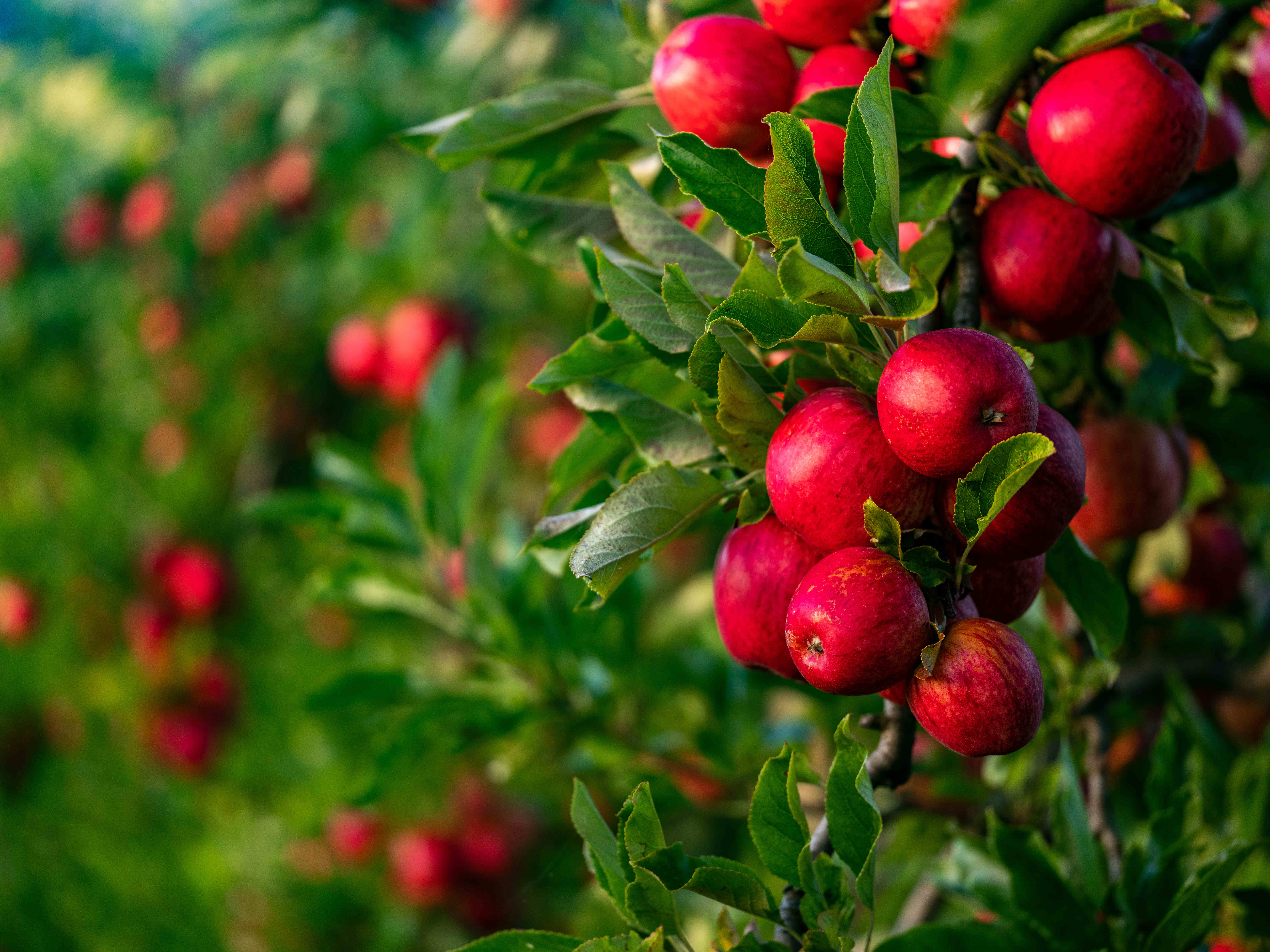Apple and Pear Australia Limited
| Wednesday, 27 January 2021, 6.06pm
With harvest labour continuing to drive uncertainty for apple and pear producers, our latest virtual Orchard Walk, featuring...
The post Future Orchards® Virtual Walk – January 2021 appeared first on Apple & Pear Australia Ltd (APAL).
Read more…

Apple and Pear Australia Limited
| Wednesday, 27 January 2021, 6.05pm
You can catch up on the latest thinking for the future of packhouse technology with APAL’s Post-harvest Seminar...
The post Catch up: APAL Post-harvest virtual tour and seminar available online appeared first on Apple & Pear Australia Ltd (APAL).
Read more…

Apple and Pear Australia Limited
| Wednesday, 27 January 2021, 6.04pm
APAL CEO Phil Turnbull has welcomed the Victorian and Tasmanian governments’ announcement last Friday that will see up...
The post Vic-Tas boost to harvest labour but timing and cost are key appeared first on Apple & Pear Australia Ltd (APAL).
Read more…

Apple and Pear Australia Limited
| Wednesday, 27 January 2021, 6.03pm
The Coles Nurture Fund is currently offering individual grants of up to $500,000 to small and medium size...
The post Grants available to improve productivity appeared first on Apple & Pear Australia Ltd (APAL).
Read more…

Apple and Pear Australia Limited
| Wednesday, 20 January 2021, 4.27pm
Victoria’s apple and pear growers and the wider industry are invited to complete an online survey as part...
The post Have your say on strengthening Victoria’s biosecurity appeared first on Apple & Pear Australia Ltd (APAL).
Read more…

Apple and Pear Australia Limited
| Wednesday, 20 January 2021, 3.00pm
Prices of summer vegetables, stone fruit, pome fruit and table grapes are forecast to rise by between 15% and 25%...
The post Hort production to fall, prices to rise, labour to bite: ABARE outlook appeared first on Apple & Pear Australia Ltd (APAL).
Read more…

Apple and Pear Australia Limited
| Wednesday, 20 January 2021, 3.00pm
Australia’s peak apple and pear body, APAL, has welcomed the Department of Agriculture, Water and Environment’s assurances that...
The post Deadline approaches for US Apple import submissions appeared first on Apple & Pear Australia Ltd (APAL).
Read more…

Berries Australia
| Tuesday, 19 January 2021, 8.34pm
Read the latest newsletter from Berries Australia.
Read more…

Apple and Pear Australia Limited
| Wednesday, 13 January 2021, 3.00pm
Early indications suggest Australian apple producers will begin harvest slightly earlier than in prior years, but the final...
The post Early harvest confirms labour challenge appeared first on Apple & Pear Australia Ltd (APAL).
Read more…

Apple and Pear Australia Limited
| Wednesday, 13 January 2021, 1.26pm
In the four weeks to 27 December 2020 the take home fruit category has grown 4.7 per cent...
The post New varieties continue strong consumer growth – December 2020 appeared first on Apple & Pear Australia Ltd (APAL).
Read more…

Newer Older
